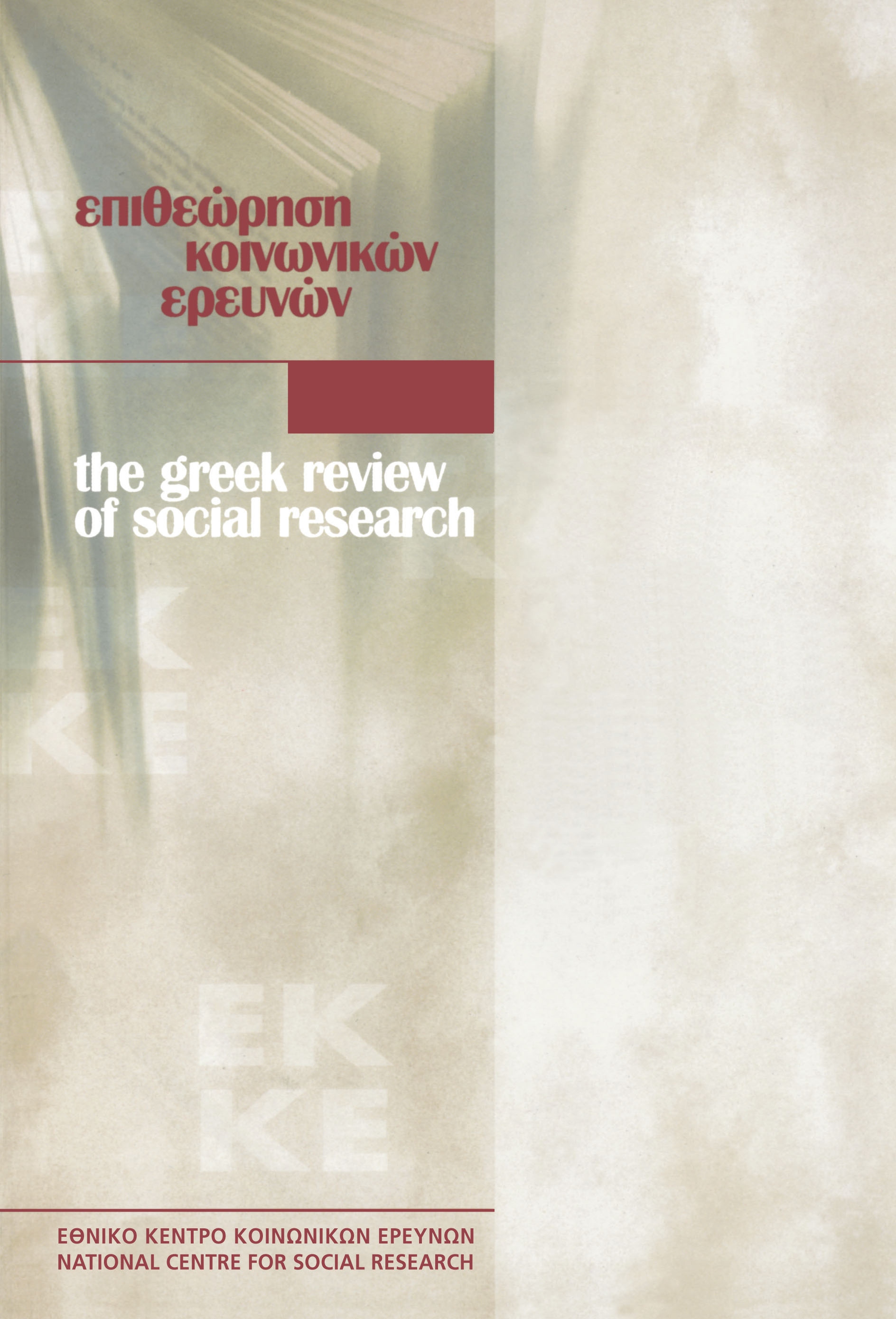Civic ethos, nature and environmental protection in the journalistic articles of Kostas Varnalis (1939-1958)

Abstract
Kostas Varnalis dedicated during his long career as a journal columnist (1939-1958) a large number of texts to Athens and Attika. The essay focuses on the poet’s views and ideas about the everyday life, the practices and the civic culture of the Athenians, the aesthetic and kinaesthetic enjoyment of nature, the protection of the historic and natural landscape, and the postwar expansion and development of the city. The civil ethic and the modernist ideology, the romantic naturalism, and the militant ecological sensibility of the poet are described and analysed within the larger historic and ideological setting and especially in the context of the conservation movement in Europe and Greece.
Article Details
- How to Cite
-
Economou, L. (2019). Civic ethos, nature and environmental protection in the journalistic articles of Kostas Varnalis (1939-1958). The Greek Review of Social Research, 151, 3–41. https://doi.org/10.12681/grsr.19662
- Issue
- 2018: 151
- Section
- Articles

This work is licensed under a Creative Commons Attribution-NonCommercial 4.0 International License.
Authors who publish with this journal agree to the following terms:
- Authors retain copyright and grant the journal right of first publication with the work simultaneously licensed under a Creative Commons Attribution Non-Commercial License that allows others to share the work with an acknowledgement of the work's authorship and initial publication in this journal.
- Authors are able to enter into separate, additional contractual arrangements for the non-exclusive distribution of the journal's published version of the work (e.g. post it to an institutional repository or publish it in a book), with an acknowledgement of its initial publication in this journal.
- Authors are permitted and encouraged to post their work online (preferably in institutional repositories or on their website) prior to and during the submission process, as it can lead to productive exchanges, as well as earlier and greater citation of published work (See The Effect of Open Access).


